World
The modern world cannot be studied without examining the course, impact and legacy of two world wars, the resources in this section set out to look at both the First and Second World Wars in their global context. The section also includes the Cold War and its impact in Latin America, South-East Asia and parts of Africa. This period also sees the rise and fall of European imperialism and the changing nature of global politics and economics as technology brings different stories from so many parts of the world directly to us. Read more
Sort by:
Date (Newest first) | Title A-Z
Show:
All |
Articles |
Podcasts |
Multipage Articles
-

What is interesting about the world wars?
ArticleClick to view -
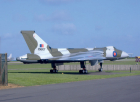
History Abridged: Operation Black Buck
ArticleClick to view -

Sparta and war: myths and realities
ArticleClick to view -
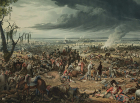
Losing sight of the glory: five centuries of combat surgery
ArticleClick to view -

What have historians been arguing about... decolonisation and the British Empire?
ArticleClick to view -
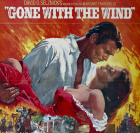
Gone with the Wind: a great book?
ArticleClick to view -

Film: The Kennedys and the Gores
ArticleClick to view -
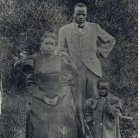
Real Lives: The Reverend John Chilembwe
ArticleClick to view -

Fake news: Psy-war and propaganda in the Indonesian Genocide of 1965-66
ArticleClick to view -
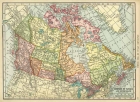
The Northern Limit: Britain, Canada and Greenland, 1917-20
ArticleClick to view -
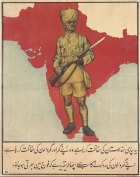
Journeys Home: Indian forces and the First World War
ArticleClick to view -

1968: the year of reckoning
ArticleClick to view -

Out and about in Zanzibar
ArticleClick to view -
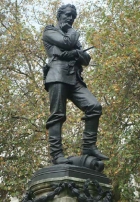
A tale of two statues
ArticleClick to view -
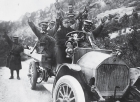
The End of Germany’s Colonial Empire
ArticleClick to view -
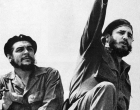
Comparing the Bay of Pigs Invasion and the Jameson Raid
ArticleClick to view -

Populism, Progressivism and Trumpism
ArticleClick to view -
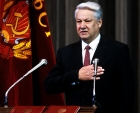
Polychronicon 164: The End of the Cold War
ArticleClick to view -
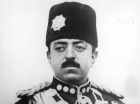
Mission to Kabul: Destabilising the British strategic position, 1916
ArticleClick to view -

The Victorian Age
ArticleClick to view

